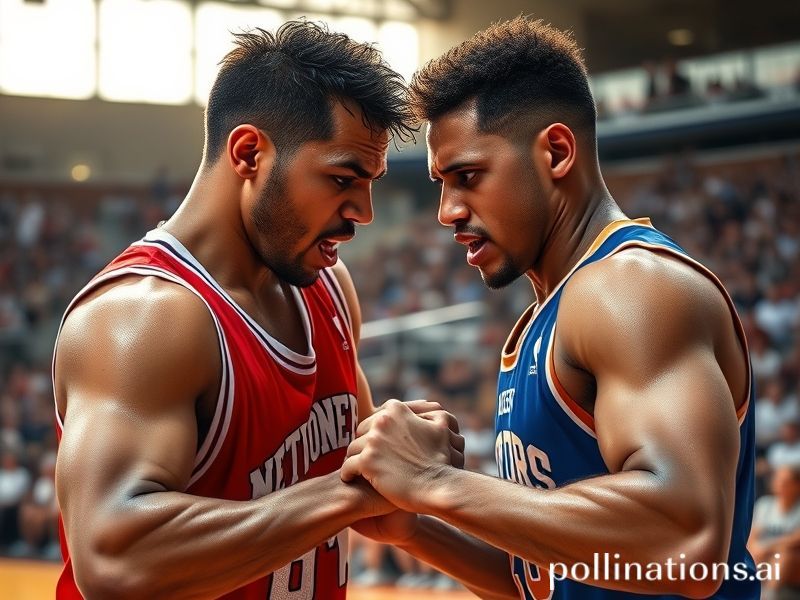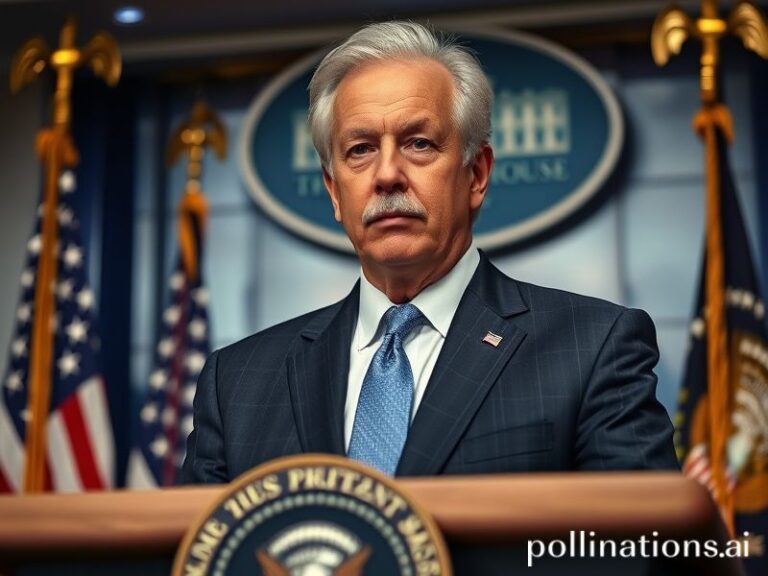Rivals: The Global Phenomenon That’s Got Everyone Talking (And Fighting)
# **Rivals: The Global Phenomenon That’s Got Everyone Talking (And Fighting)**
In a world where we’re all just one swipe away from a new obsession, there’s a new contender vying for our attention—and it’s not a TikTok dance or the latest meme. It’s the age-old concept of **rivals**, and it’s making a comeback in a big way. From sports to politics, entertainment to gaming, rivalries are heating up globally, and we’re all here for it. But why? Let’s dive in.
## **The Cultural Context: Why Rivals Are Everywhere**
Rivalries have always been a part of human culture. Think of the Hatfields and McCoys, the Yankees and the Red Sox, or even the never-ending debate over whether pineapple belongs on pizza. These conflicts create drama, tension, and—most importantly—engagement. In today’s fast-paced digital world, where attention spans are shorter than a TikTok video, rivalries provide a steady stream of content that keeps us hooked.
Take, for example, the resurgence of **gaming rivalries**. The battle between Xbox and PlayStation has been raging for decades, but with the release of the Xbox Series X and PlayStation 5, it’s reached new heights. Gamers are passionately defending their consoles, memes are flooding social media, and the internet is alive with debates. It’s not just about the hardware; it’s about loyalty, identity, and the sheer joy of trolling the other side.
Similarly, in sports, rivalries like **Manchester United vs. Liverpool** or **Lakers vs. Celtics** aren’t just about the game—they’re about history, pride, and the thrill of victory (or the agony of defeat). These rivalries transcend borders and languages, uniting fans worldwide in a shared experience.
## **The Social Impact: Why We Love to Hate (and Love) Our Rivals**
Rivalries create a sense of belonging. When you pick a side, you’re not just choosing a team or a brand—you’re joining a community. This tribal mentality is deeply ingrained in human psychology. It’s why we wear jerseys, post memes, and engage in heated debates with friends (and strangers) online. Rivalries give us a sense of identity and purpose, even if that purpose is just to roast the other side.
But rivalries also have a darker side. They can fuel toxicity, cyberbullying, and even real-world conflicts. The internet amplifies these tensions, turning casual debates into full-blown wars. However, when managed responsibly, rivalries can also foster creativity, innovation, and healthy competition. Just look at how the **Apple vs. Samsung** rivalry has pushed both companies to constantly innovate and improve their products.
## **What Makes This Topic Significant?**
In a world where everything is instant and disposable, rivalries provide a sense of continuity and excitement. They give us something to look forward to, whether it’s the next big game, the latest meme war, or the annual showdown between two iconic brands. Rivalries are the ultimate form of entertainment—they’re unpredictable, dramatic, and endlessly engaging.
Moreover, rivalries reflect the cultural and social dynamics of our time. They highlight our values, our biases, and our collective psyche. By analyzing rivalries, we can gain insights into what drives us, what unites us, and what divides us.
## **Conclusion: The Rivalry Never Ends**
Whether you’re team Xbox or PlayStation, Manchester United or Liverpool, or even pineapple on pizza or not, one thing is clear: rivalries are here to stay. They’re a fundamental part of human nature, and in the digital age, they’re more visible—and more entertaining—than ever before.
So, embrace your rivalries, engage in the debates, and enjoy the drama. Just remember: at the end of the day, we’re all just here for the memes.







